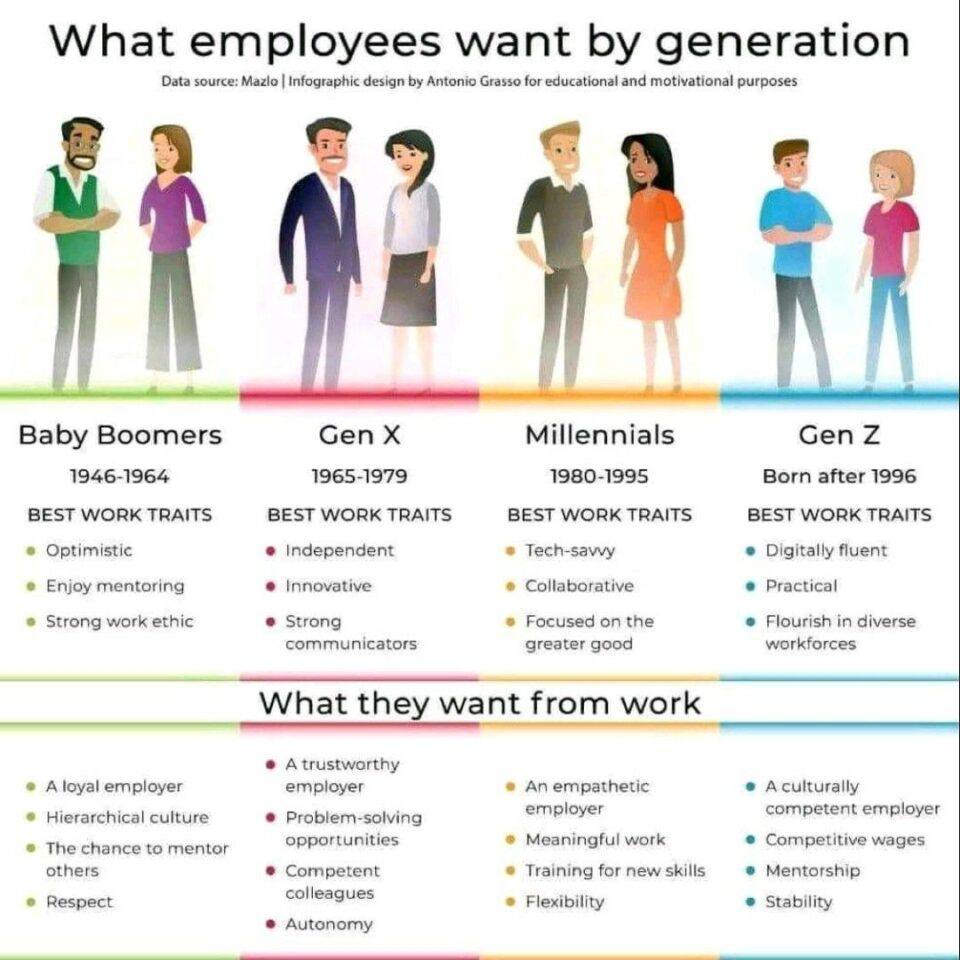Inspiring Your Students to Write, Cite, and Avoid Plagiarism
There may be no more serious issue for a student than facing an academic conduct hearing because of plagiarism. This certainly is not part of the expected college experience for students or parents. Faculty, however, often struggle with creating approaches that focus on why and how academic writing and the associated documenting guidelines enhance a student’s ability to communicate their thoughts and ideas.
Rather than focusing first on the negative impacts of not implementing citation guidelines, Moore (2019) confirms students with limited experiences in research writing at the college level will often make mistakes in documentation and attribution. She suggests four strategies to detect writing issues, avoid academic conduct issues, and help improve the student’s ability to avoid recurring mistakes by using “plagiarize-proof” assignments that: 1) evaluate your expectations for student research literacy, 2) include unique or individualized elements into assignments, 3) require an annotated bibliography before the assignment due
 PHOENIX Lawmakers have violated the Arizona constitution by failing to adequately fund faculty services and repairs, according to a lawsuit filed against the state on Monday by faculty districts and education teams.
PHOENIX Lawmakers have violated the Arizona constitution by failing to adequately fund faculty services and repairs, according to a lawsuit filed against the state on Monday by faculty districts and education teams.

